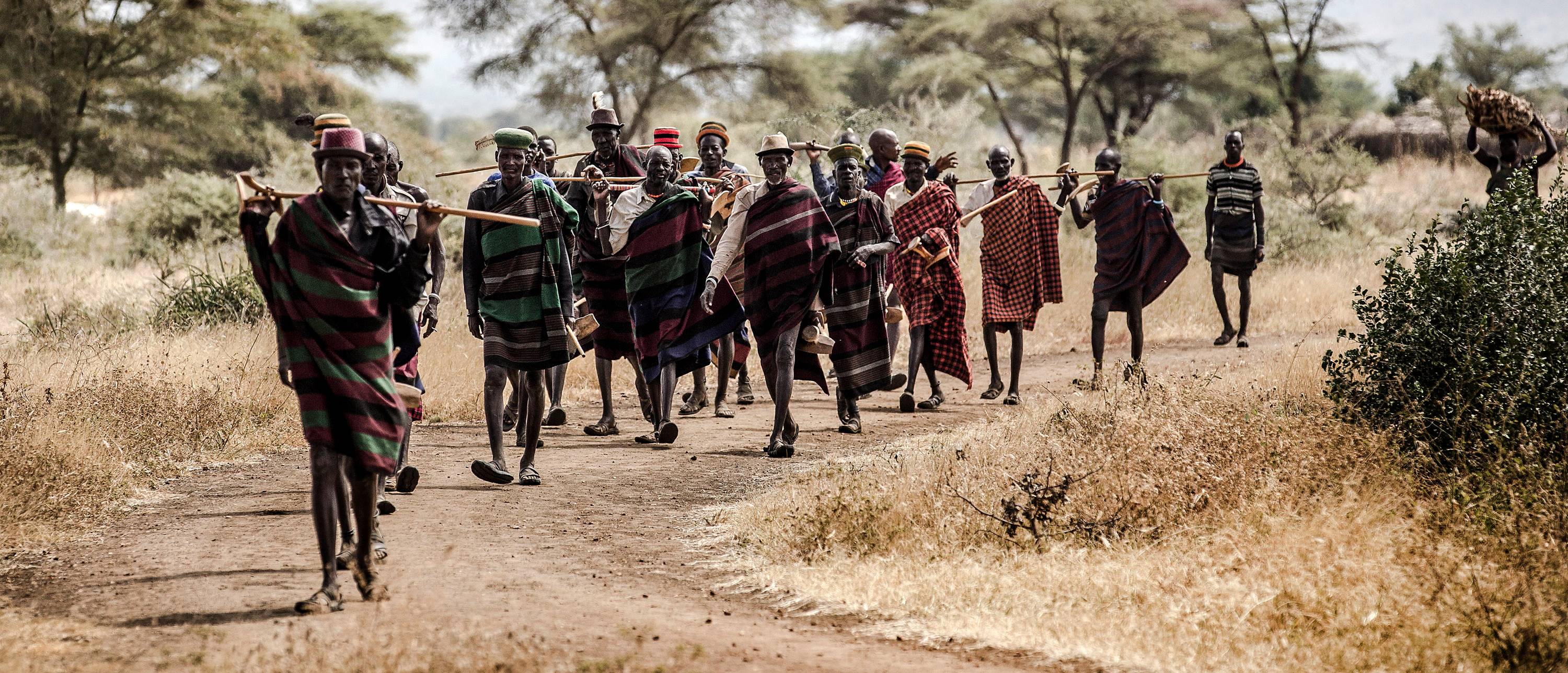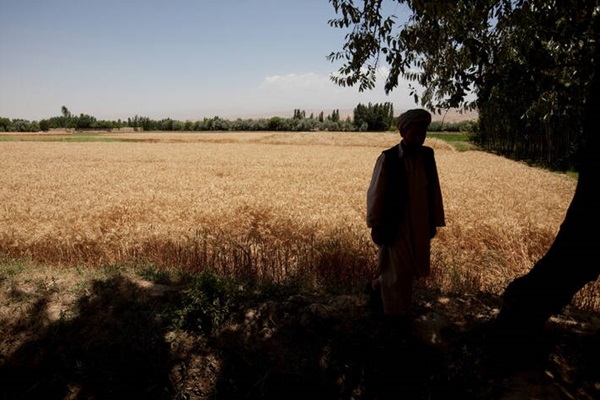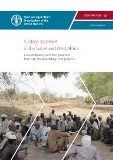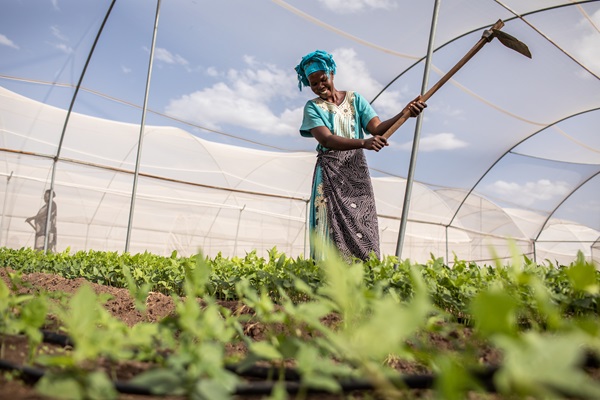Sustaining peace

Conflict is a major driver of food crises, followed by weather extremes and economic shocks. Violent conflict is also a primary drivers of forced displacement, another factor contributing to heightened food insecurity.
Through it’s Corporate Framework to Support Sustainable Peace in the Context of Agenda 2030, and various strategic partnerships, FAO is fully committed to being conflict-sensitive and peace-responsive. FAO’s approach is in line with the Secretary-General’s request for the whole UN to regard sustaining peace as an important goal to which their work can contribute, and to integrate that approach into their strategic plans and country support. A suite of guidance has been developed to operationalize this at the country level, and to inform programme development and monitoring.
Opportunities exist to contribute to conflict prevention and sustaining peace, by supporting inclusive natural resource management, food security and resilient agricultural livelihoods, in order to address not only the symptoms but also the root causes of conflict. FAO also works with displaced people and host communities to protect and rebuild their livelihoods, enhance their self-reliance and foster inclusion and social cohesion at the community level.
Particularly in fragile and conflict-affected contexts, understanding the local context, including conflict and peace dynamics, is foundational to conflict-sensitive programming. Contextual understanding is also key to achieving broader objectives on food security and improved agricultural production, and to inform interventions across the humanitarian-development-peace (HDP) nexus.
Analysis of conflicts over natural resources
- Burkina Faso
- Liptako-Gourma countries (Burkina Faso, Mali and Niger) [in French]
- Mali
- Niger [in French]
Analysis of conflicts over transhumance
Related links
News

News
Afghanistan: FAO appeals for $36 million to urgently save rural livelihoods and avoid massive displacement
13/09/2021
Director-General QU Dongyu stresses that time is of the essence in address to UN High-level Ministerial Meeting on the Humanitarian Situation in Afghanistan

News
Syrian farmers live together in peace after equitable access to water for irrigation
07/05/2021
Water scarcity has a negative impact on agricultural and food production in the Syrian Arab Republic.

News
Afghanistan: A canal to peace and improved livelihoods. Restoration of occupied irrigation infrastructure
06/12/2020
Since 2016, Kotwal village in Chinarto district of Uruzgan province is facing severe security challenges constraining any kind of humanitarian...
Publications

Publications
Social protection as a pathway to sustaining peace
01/2024
Global crises are becoming the new normal. From climate change to the contemporary food price crisis, vulnerable populations – and especially rural...

Publications
Sustaining peace in the Sahel and West Africa: Lessons learned and best practices from FAO Peacebuilding Fund projects
09/2023
Since 2018, the portfolio of PBF projects implemented by FAO in the region has consolidated considerably, with a tripling of funding mobilized.

Publications
Towards durable solutions: Sustainable reintegration of the forcibly displaced
03/2023
This brochure provides an overview of FAO’s approach to supporting the sustainable reintegration of the forcibly displaced.
Multimedia
Video
Conflict-sensitive programming: what is it and why is it important?
30/07/2021
The video describes what conflict-sensitive programming is, why it is important, and outlines three key steps for FAO programming to be conflict-sensitive....

Photo collection
Uganda and Kenya: Fostering refugees’ inclusion and self-reliance to promote peace and contribute to social cohesion
04/08/2022
View this photo gallery on Flickr
Video
Embracing Technology to Promote Peace in Somalia
17/05/2023
A short yet perilous seven-kilometre road connects the towns of Buufow and Shalanbood in southern Somalia.
